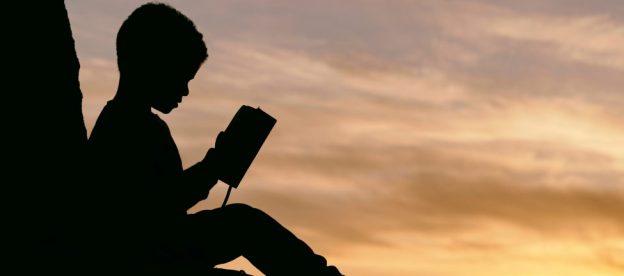While some sangha members have been thinking about ways to introduce children to Buddhism and to answer the very good question of why we sit on cushions doing nothing, my child conversations have been of a more internal nature.
“Do I contradict myself?
Very well then I contradict myself,
(I am large, I contain multitudes.)”, said Walt Whitman.
As well as the expansive sense in which we contain the vast allness that Whitman alludes to, at a more mundane level, I contain, it seems, multitudes of Sarahs from different situations and stages of my life, bearing different influences. Some are easy to acknowledge; some took more effort to get to know, accept and own. Pushed into the shadows, they can influence my actions in ways unknown to me at the time, often unhelpfully because their ways of responding to life derive from another time and place. Once seen, they can be befriended and allowed their place in amongst the others of the multitudes.
Some of the voices that most needed my attention (and which have been the most insightful and enjoyable) have been different ages of child me. Now that I’ve ‘befriended’ them I make a point of checking in with them about how they feel about situations. That way I can often meld their perspective in with the other more adult voices and choose a more appropriate response. Child me can be fearful and wary at times but it seems is also more compassionate than adult me, with an urge to comfort anyone who is feeling sad, scared or alone. She is also often more instinctively ‘wise’ and the childlike words that emerge from the spontaneous on-the-cushion conversations often come back to mind when needed to guide me.
That brings me to the borrowed book analogy. On the recent Dying and Death retreat I found myself inviting any age or aspect of myself to share any thoughts, feelings, questions or concerns about death – a sort of open amnesty where nothing was wrong or irrelevant. It was illuminating to see the different preoccupations that have coloured my attitude to death at different times in my life and to know that the questions and concerns that death provoke in me will continue to change as my life does.
The most interesting points, though, came from the perspective of 6-year-old me. First there was a layer of practical questions about who would die when. There was a huge indignant fury and sorrow at learning that my farmer grandad’s friendly cow which used to lick my hand would one day be killed. Once that subsided there were more philosophical questions about the nature of life and death. After asking various questions and listening to my attempts to explain, 6-year-old me declared that: “Oh, so life is like a book borrowed from a friend”. The reasoning was thus: “If you borrow something, you have to take extra good care of it because it isn’t really yours” and “it would be silly to leave a borrowed book on the bookcase to read later because you might have to give it back before you get a chance”. At the time that amused me (as a child, books were a treasure and my refuge so comparing anything to a book was a compliment indeed). I didn’t know that within weeks those words would prove very helpful.
Since the retreat I’ve been sitting with death again because the end is close for someone I admire and respect greatly. I’ve found myself sitting with questions about what makes a good and meaningful life, the consequences of the actions we take and don’t take, the hole that we leave behind, whether how we live now can help us to die with fewer regrets when our time comes. A lot of sitting later, the borrowed book analogy came back into my mind. For now at least it seems like a good enough message to myself.
Not to treat my life carelessly or with disrespect because it matters.
Not to put any of it to one side for ‘later’ but to appreciate it fully while I can.
Remembering this seems to be helping me to treasure what arises in my life and to face difficult and challenging situations rather than defer them. And in fitting acknowledgement of the never-ending influence of child me in my life, this week I’ve enjoyed cycling with my mouth open to catch snowflakes on my tongue, made a miniature snowperson and used a borrowed sledge (thanks Miranda!) to hurtle headfirst downhill in the park alongside little people enjoying their first childhood. I’m enjoying my borrowed book, troubles and joys alike.

